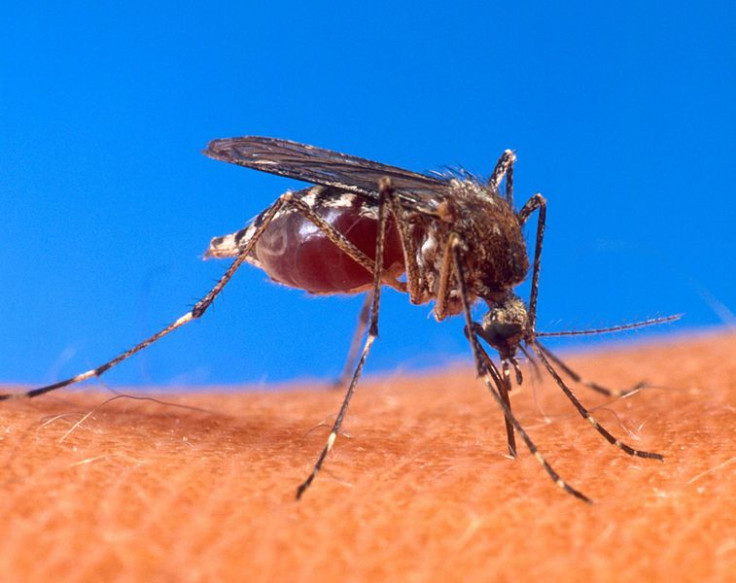Sanofi Vaccine Against Dengue Fever Disappoints, May Still Hold Promise

French pharmaceutical company Sanofi-SA's vaccine against dengue fever has fallen below expectations in protecting against the "bone-breaking" disease. The vaccine's results have led to mixed-reactions by researchers and governments.
In a trial published in The Lancet, the study followed 4,002 Thai schoolchildren between the ages of 4 and 11. Of the participants, 2,452 received the dengue vaccine and the remaining 1,221 received either placebos or the rabies vaccine. Of the entire group, 134 contracted dengue. The vaccine protected the children against three forms of dengue fever, but not a fourth. The children received three shots of the vaccine over the course of a year.
Unfortunately, the vaccine posted a 30-percent success rate, which was far below the 70-percent success rate for which the company had hoped. Though the multi-strain vaccine did protect against most forms of the disease, the most prevalent strain of dengue fever that year was the one against which the vaccine was ineffective. Researchers are uncertain as to why the vaccine was ineffective against that particular serotype (serotype 2), since the vaccine did spur an immune system response against the disease.
The study was the result of about 70 years of research against the disease. Scientists were hopeful that the vaccine would work because dengue fever is in the same family of diseases as yellow fever and Japanese encephalitis, both of which have been managed with vaccines.
Interestingly, the vaccine was equally effective after one dose as after three doses of the vaccine. It had a 60 percent efficacy rate against serotype 1 of the dengue virus, and was 80 to 90 percent effective against types 3 and 4.
The results of the trial will probably delay the use of the vaccine. Many governments were eager to adopt the vaccine, even though this trial was only a Phase II-b trial, due to the urgent need. Now, governments' tempered enthusiasm will mean that they will probably wait until the results of a Phase III drug. Many analysts think that the vaccine will still be used in countries in which the type-2 strain of the virus is less prevalent.
Dengue virus is a disease that affects 50 to 100 million people worldwide. A vaccine is particularly necessary for this illness, because there is no standard method of treatment. Normally, doctors can treat the disease, but 20,000 people die every year - most of them children. The disease is spread by infected mosquitoes, characterized by symptoms like fever, headache, joint pain, rash, and mild bleeding. In severe cases, people with the disease can have difficulty breathing, vomit blood and bleed from the gums.
In the past 30 years, cases of dengue fever have reportedly increased 50-fold. Sales of the vaccine are expected to exceed $1 billion. Sanofi has reportedly spent $450 million in research and development of it.



























